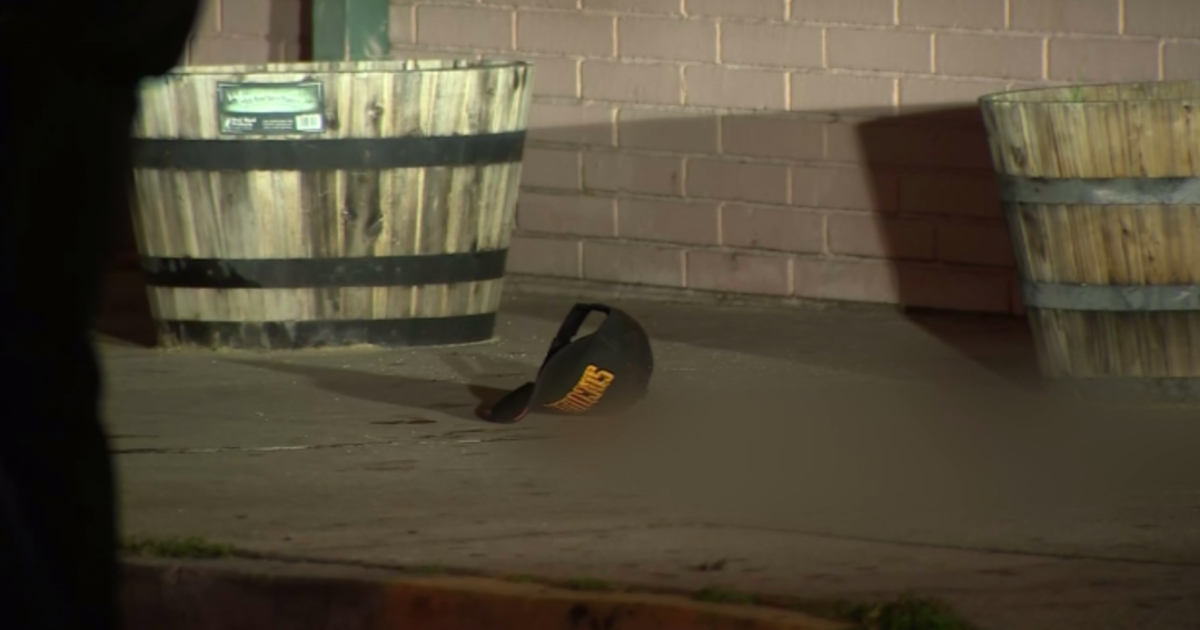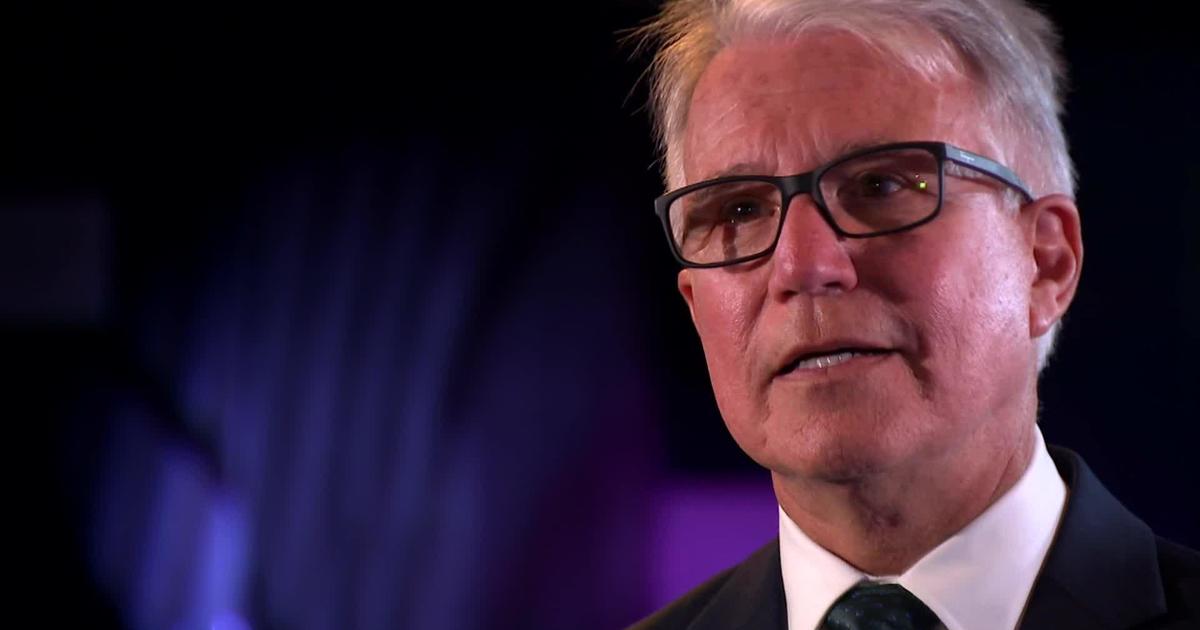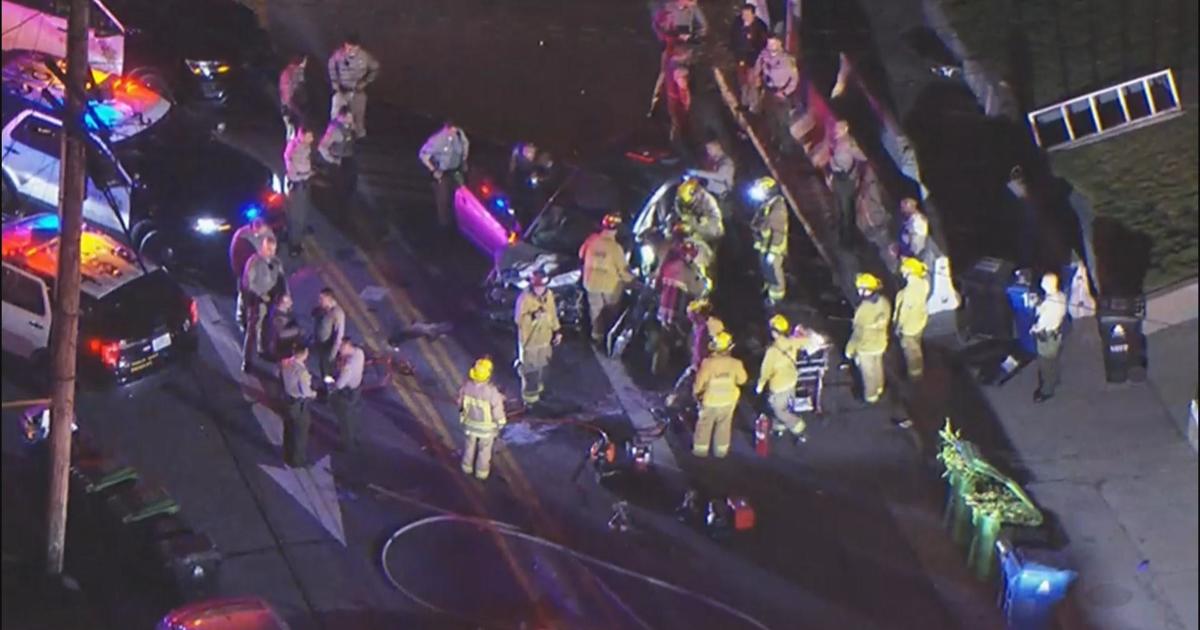LA County Reports Over 100 Deaths Due To COVID-19
LOS ANGELES (CBSLA) — The Los Angeles County Department of Public Health reported the highest amount of deaths due to COVID-19 in over 10 months - since March 2021 - with 102 deaths, nearly 40 higher than the previous high in January.
They also reported 42,115 new positive cases in the county, a jump of over ten thousand from Wednesday's total of 31,018. On top of this, hospitalizations reached 4,814 on Thursday, another increase over Wednesday's total, and the highest since the winter surge in early 2021.
County Public Health Director Barbara Ferrer disclosed that of the deaths reported on Thursday, 90% of them fell ill after December 24, showing the extremely high-transmissibility of the Omicron variant, which has now reached 99% of all COVID-19 cases being reported.
She also made it clear that of the 102 deaths, 81 of the individuals had underlying health conditions.
At this point in the pandemic, Los Angeles County has now reported 28,282 deaths due to Coronavirus.
While these numbers may indicate that no end to the Omicron variant surge is within plain sight, Ferrer did exhibit cautious optimism, as both the daily case rate and the daily positivity rate have continued to show signs of lessening over recent days.
She was hesitant to admit that the surge was officially in decline, telling CBS reporters, "I'd love to see signs that we're in a real decline, but I think we have to wait to get a complete week's worth of data here."
But there was still a hint of hopefulness in her daily report, as she reported that, "While case numbers and test positivity are extraordinarily high, there are small decreases from last week. The average daily new case rate is now at about 33,000 cases a day. Test positivity decreased slightly this past week to approximately 17%, meaning that nearly one in six people getting tested is infected with COVID. The seven-day average daily case rate also dropped a bit to about 350 new cases per 100,000 residents."
Despite these signs of decrease, Ferrer made it clear that hospitals and medical centers across the Southland are still struggling to stay afloat with the massive impact of the latest surge. "While these small decreases may indicate that we're no longer seeing exponential growth in transmission, we're still experiencing the highest rate of spread for this entire pandemic,'' she continued, "And with so many cases, our hospital numbers remain elevated."
Dr. Angelique Campen, an Emergency Room Doctor at Providence St. Joseph in Burbank is one healthcare worker who has witnessed the true ramifications of the surge, noting that, "Wait times to be seen in the emergency department are higher than they've ever been before."
Dozens of medical facilities around the Southland have resorted to "diversion" over recent weeks, the practice of sending ambulances and other emergency medical vehicles to other emergency rooms due to a backlog of patients. Some hospitals have reported waits lasting more than several hours for patients who are standing by for a hospital bed.
She continued to detail how the lack of an open bed in the emergency department will oftentimes lead to, "two, three, four paramedic gurneys waiting to offload their patients."
As a result of this most recent surge and a variety of other factors, a new study from the University of Southern California and The COVID Initiative has indicated that herd immunity to the virus may never be a possibility.
Among those factors that may prevent herd immunity, are the constant mutation of the virus, which has presented several new variants. On top of this, the virus has mutated in such a manner that even those vaccinated against the virus have begun to contract it, specifically due to the higher-transmissibility of Omicron.
This has also caused a substantial number of reinfections among those who are unvaccinated and have already had the virus in some form, meaning that the presence of antibodies in the face of a new variant doesn't necessarily prevent another bout of the virus.
Because of these two factors, health experts believe that herd immunity will be next to impossible.
Neeraj Sood, a USC Professor and the leader of The COVID Initiative, told CBS reporters on Thursday, "I think it is very likely that we will continue to have these COVID surges, we need to now start focusing our attention on how we can minimize our harm from these surges. One way to do that might be to expand access to the new treatments, like the new Pfizer drug, which can dramatically reduce the risk of hospitalization from COVID by 90% - provided you take the drug within five days of symptom onset."
Sood continued to note that while the future may hold more surges, vaccinations, new treatments and prior infections may prevent further rises in hospitalizations and deaths similar to what we've seen from Delta and Omicron, eventually leading COVID to an endemic level - similar to what the world experiences with the flu.



